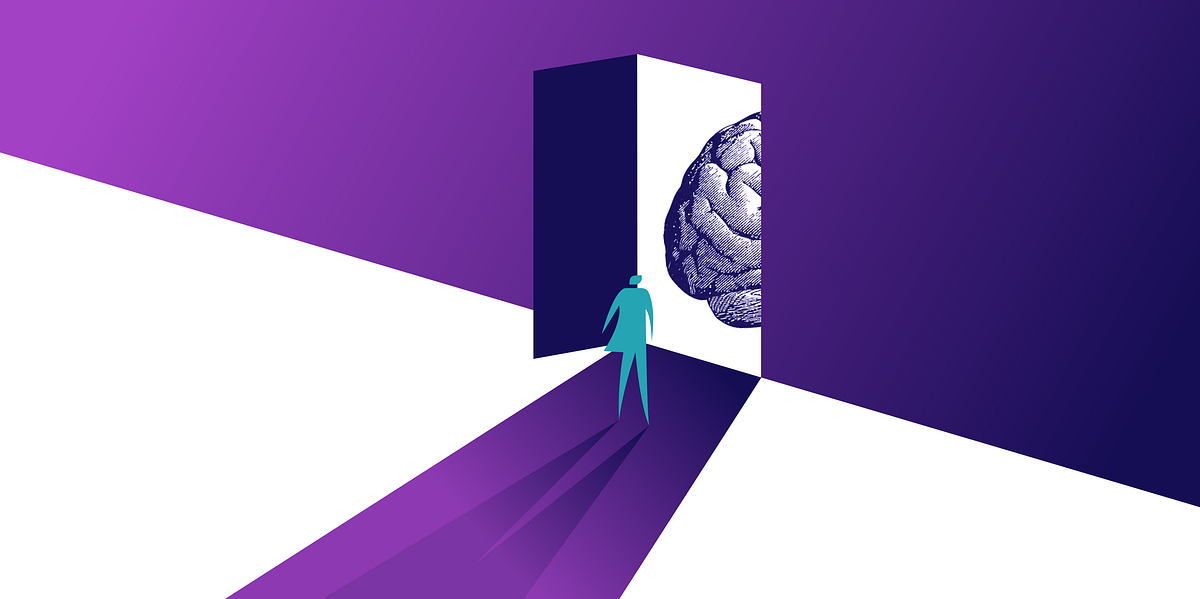
"Abandoning your own creative capacity and relying on AI to generate design concepts or evaluate solutions is a mistake that can compromise your professional autonomy and creative confidence. In this article, I want to discuss why you shouldn't rely solely on artificial intelligence tools, but instead focus on building your intellectual foundation as a designer. This foundation develops through both theoretical study and consistent practice in real projects; over time, it becomes the cornerstone of your repertoire and professional competence."
"According to the dictionary, knowledge is the act of knowing or the state of being aware of something, whether through reason or experience. This definition highlights three central elements that deserve attention: Act of knowing: understanding a phenomenon - knowing what it is, how it works, and why it works in a certain way. Through reason: acquiring knowledge through reflection, study, and theory. Through experience: referring to tacit knowledge, which is built over time through practice and observation of reality."
Artificial intelligence tools have proliferated within the creative industry and risk causing designer dependency. Abandoning personal creative capacity undermines professional autonomy and creative confidence. Building a designer's intellectual foundation requires both theoretical study and sustained practice on real projects. Knowledge comprises understanding phenomena, acquiring insight through reason and study, and accumulating tacit expertise through experience. Design knowledge entails principles, philosophies, methods, and practices that enable structured, creative problem solving. Interaction and digital product design demand particularly complex, integrated knowledge that grows over time through reflection, practice, and observation of real-world contexts.
Read at Medium
Unable to calculate read time
Collection
[
|
...
]